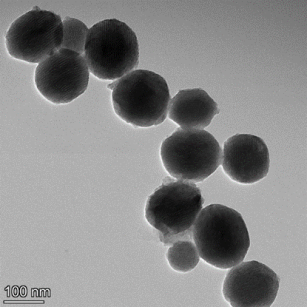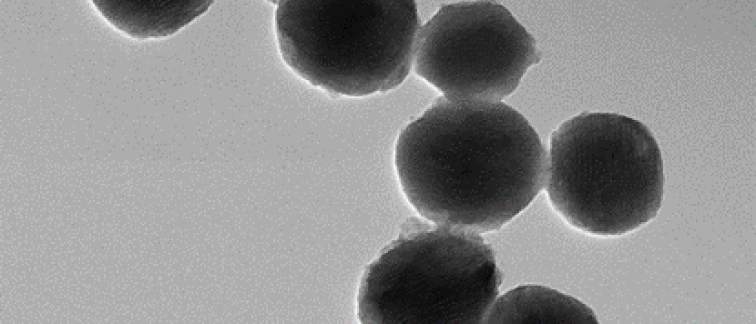Our published study aimed to obtain proof of principle that the targeted delivery of chemotherapeutics to pancreatic cancer cells without affecting healthy tissue using drug loaded mesoporous silica nanoparticles (MSNs) could be a valuable approach.

In cell lines, we proved that paclitaxel-loaded CAPN2-responsive MSNs very efficiently killed PDAC cells, with greatly limited toxicity towards healthy nerve and white blood cells, which are typically affected by paclitaxel in patients. Finally, we showed that, in two mouse models that mimic human disease, the CAPN2-responsive MSNs showed improved efficacy over free paclitaxel, as evidenced by a smaller tumor volume, decreased cell cycle progression, and increased regulated cell death (apoptosis). Of note, and of particular importance, side effects were reduced in CAPN2-MSNs treated mice as compared to free paclitaxel treated mice.
In conclusion, our study shows that paclitaxel-loaded nanoparticles equipped with a protease-dependent lock kill cancer cells more effectively with fewer side effects than the traditional untargeted paclitaxel treatment. While this is an early-stage study and more research is needed, it provides promising evidence that protease-responsive targeted delivery of chemotherapeutics could one day benefit PDAC patients, especially those who are too weak for current treatments.
Read more on the KWF website [dutch]: Lokale behandeling alvleesklierkanker met chemobolletjes (kwf.nl)
Read the full publication: https://doi.org/10.1016/j.canlet.2024.216845
People involved:
- MSc. E.J Slapak
- Dr. C. A. Spek
- Dr. M.F. Bijlsma
- MSc. M. el Mandili
- M. S. ten Brink (all Amsterdam UMC)
- Prof. Dr. A Kros (Leiden University)
Funders involved
KWF

